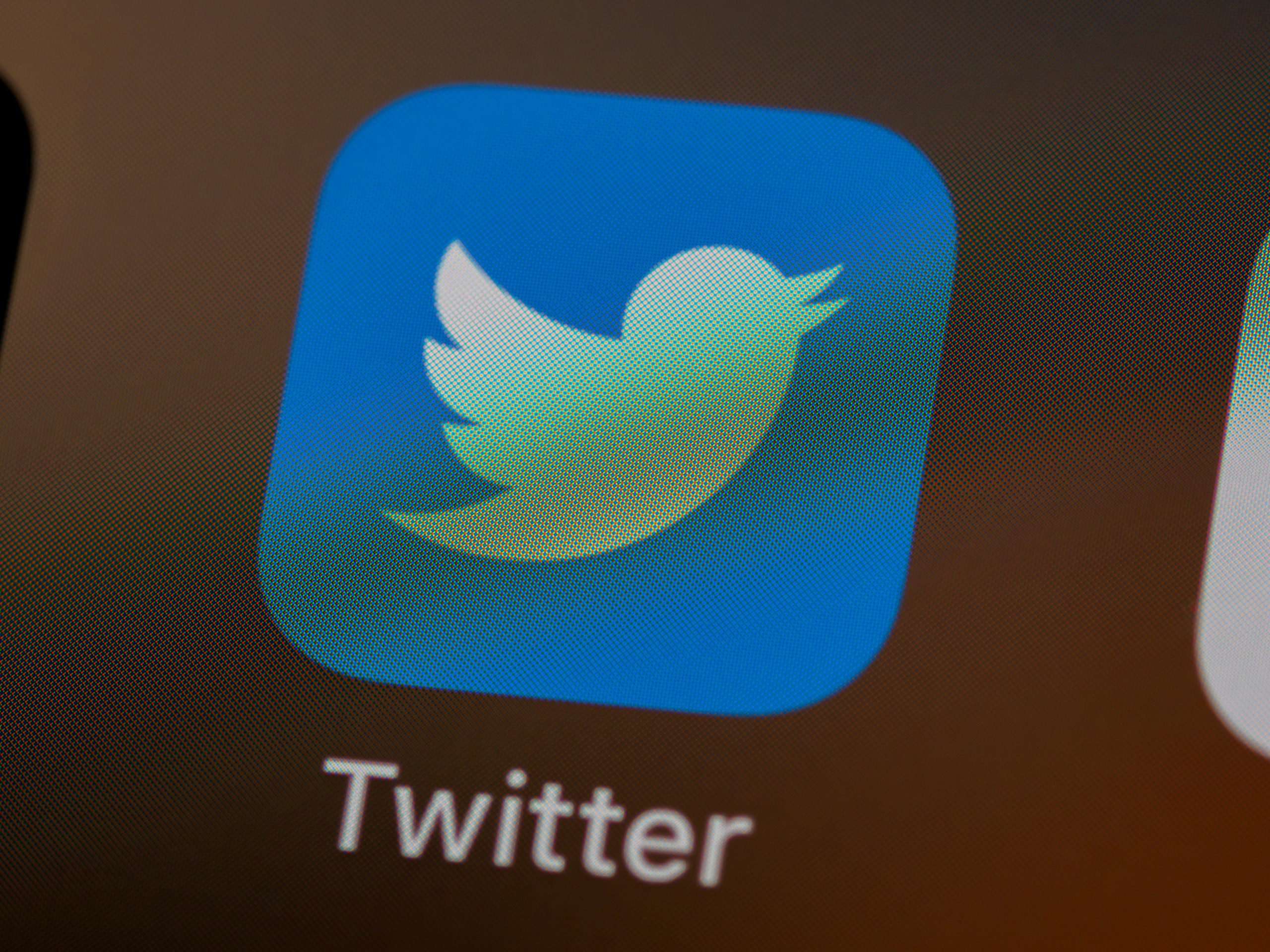Elon Musk is no stranger to the internet. Now, he’s made the move to own a major platform on it.
Elon Musk is best known for his technology company Tesla which he took ownership of in 2004. Tesla is a clean energy company that makes electric vehicles in Austin, Texas, among other clean energy products. Although not the original founder, Musk is often assumed to be — understandable considering that when Musk was named CEO, Tesla skyrocketed in popularity, facilitated by the release of the Model S in 2012. Considered the standard for electric vehicles, the Model S has no doubt cemented Tesla as one of the best in the industry. Musk is also CEO of SpaceX, a company that designs, manufactures and launches advanced rockets and spacecraft. Both companies point to a successful track record of managing businesses.
Musk has a distinct online personality separate from his highly successful companies, though. This is best seen on Twitter, where he boasts nearly 84 million followers. Highly memed and often controversial, Musk has been described as a “Twitter antagonist.” Musk’s most notably viral moments include clips of an interview where he is seen smoking marijuana, as well as the “memefication” of Musk’s child’s name, X Æ A-Xii. His tweets are often random and eclectic, an example of his bizarre internet persona as a “s—poster.” He once tweeted, “I hereby challenge Vladimir Putin to single combat. Stakes are Ukraine,” as well as “The coronavirus panic is dumb” in early March 2020. Although mostly silly, Musk’s tweets aren’t entirely harmless. They have led to real-life disputes, which include lawsuits from the Securities and Exchange Commission and controversies over statements he has made about the pandemic.
Musk’s path to acquiring Twitter has not been easy or straightforward. In April, Musk accepted a position on Twitter’s board, then rejected it. Following that, he offered to buy the company, sending Twitter’s board into a frenzy. There were questions surrounding the seriousness of his offer, as well as his evaluation of the value of the social media platform. In the end, and only two weeks after, it was negotiated that Musk will pay $44 billion to take the platform private. This amounts to roughly $54.20 a share. While Twitter once saw highs of $70 a share, they have struggled to float above $40 as of late.
Twitter’s 11 board members likely came to the conclusion that there would not be another bidder willing to pay the price that Musk had offered. Bret Taylor, Twitter’s chairman, said that the “board conducted a thoughtful and comprehensive process to assess Elon’s proposal with a deliberate focus on value, certainty, and financing. The proposed transaction will deliver a substantial cash premium, and we believe it is the best path forward for Twitter’s stockholders.” Little else was said.
So, what does the purchase of Twitter mean for the future? After making the purchase, Musk announced, “Free speech is the bedrock of a functioning democracy, and Twitter is the digital town square where matters vital to the future of humanity are debated.” Musk wants to “unlock” Twitter by “enhancing the product with new features, making the algorithms open source to increase trust, defeating the spambots, and authenticating all humans.” To Musk, Twitter is too harshly regulated. Some have questioned if he would undo the ban on the Twitter account of former president Donald Trump.
Musk is looking at the financial potential of Twitter. He has been looking for ways to monetize tweets, particularly those that go “viral” or spread important news, as well as considering charging a fee when third-party websites quote or embed tweets from verified accounts. Musk is also looking to cut costs at Twitter though, which may mean scaling down on the number of employees that the company employs. Decisions won’t be made until Musk officially takes over, but the news from reputable sources has rocked the company internally. Interestingly, at a TED conference shortly after making his offer, Musk said, “I don’t care about the economics at all.”
Musk’s inevitable ownership of the company has not been well received. Steven Pearlstein, in the Washington Post, bluntly described Musk as “a cocky, publicity-seeking libertarian billionaire” who “[bet] virtually all of his stock in his overvalued electric car company to finance a highly leveraged, $44 billion hostile takeovers of an overvalued, money-losing social media platform, on which he boasts 84 million followers.” While others may not share such a harsh view, Pearlstein’s perspective is not unpopular.
It’s hard to say exactly what Musk’s ownership will look like, but for many, the future of the Twitterverse seems bleak.

















